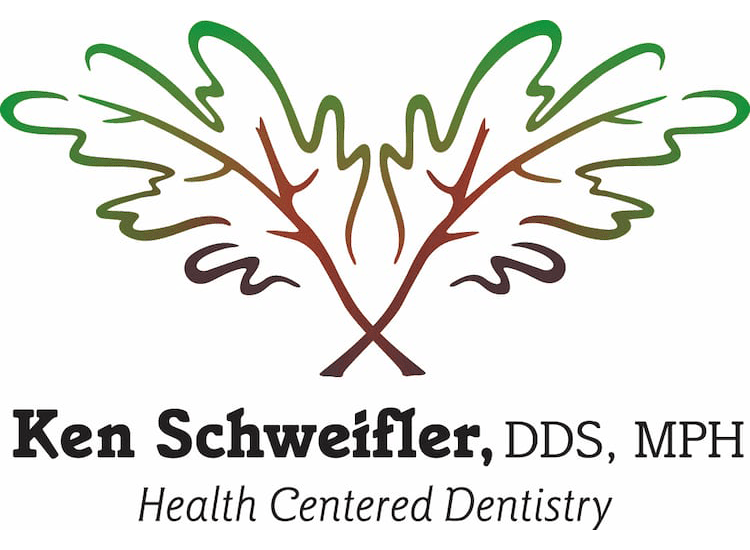Missing teeth can affect your confidence. They can also impact your oral health. Fortunately, dental advancements offer various restoration options. These solutions cater to different needs and preferences. This article explores the most common restoration options available today.

Restoration Options
Dental Implants
Dental implants are a popular choice. They offer a permanent solution for missing teeth. A titanium post gets surgically placed into the jawbone. This post serves as a root for the replacement tooth. Over time, the bone fuses with the titanium post. This process is known as osseointegration. It ensures a stable and secure fit. A crown is then attached to the post. This crown mimics the appearance and function of a natural tooth. Dental implants require good bone density. They also require healthy gums. Regular dental check-ups are essential. They ensure the longevity of the implant.
Dental Bridges
Dental bridges provide another solution for missing teeth. They consist of one or more artificial teeth. These teeth are anchored by crowns on adjacent natural teeth. The natural teeth serve as support. Dental bridges can restore both function and appearance. They help maintain the shape of your face. They also help prevent remaining teeth from shifting. Dental bridges require healthy adjacent teeth. These teeth must be strong enough to support the bridge. Regular dental visits are necessary. They help maintain the integrity of the bridge.
Partial Dentures
Partial dentures offer a removable option. They replace one or more missing teeth. They consist of replacement teeth attached to a gum-colored base. Metal clasps or connectors hold partial dentures in place. They attach to adjacent natural teeth. Partial dentures could improve chewing and speaking. They also help prevent remaining teeth from shifting. They are less invasive than implants or bridges. However, they require proper care and maintenance. Regular cleaning is essential. It prevents gum disease and other oral health issues.
Complete Dentures
Complete dentures are suitable for those missing all their teeth. They replace an entire arch of teeth. Complete dentures consist of a gum-colored base. This base supports a full set of artificial teeth. They rest on the gums. They are held in place by suction or adhesive. Complete dentures help restore function and appearance. They help maintain facial structure. They require proper care and maintenance. Regular cleaning is crucial. It prevents infections and other oral health problems. Dentures may need adjustments over time. This ensures a comfortable fit.
Consulting with a Dental Professional
Consulting with a dental professional is crucial. They can assess your oral health. They can recommend the best restoration option for you. Factors such as bone density, gum health, and personal preferences play a role. A dental professional can provide a personalized treatment plan. They can also address any concerns you may have. Regular dental visits are essential. They ensure the success and longevity of your restoration.
Frequently Asked Questions
Are dental implants the most durable option for replacing missing teeth?
Yes, dental implants are considered the most durable and long-lasting solution for missing teeth. They fuse with your jawbone, providing a stable foundation for replacement teeth. With proper care, tooth implants can last a lifetime.
Can I get dental implants if I’ve been missing teeth for years?
Yes, you can get tooth implants even after years of tooth loss. However, long-term tooth loss may lead to bone loss in the jaw, which might require a bone graft before implants can be placed. A dentist will evaluate your bone structure to determine the best approach.
How do dental bridges compare to implants for replacing missing teeth?
Dental bridges are less invasive and quicker to place than implants, but they rely on adjacent teeth for support. Implants, on the other hand, are independent and help preserve jawbone health. Dr. Schweifler will recommend the best option based on your oral health and preferences.
Can partial dentures be used to replace multiple missing teeth in different areas?
Yes, partial dentures are an excellent option for replacing multiple missing teeth in different areas of your mouth. They are custom-made to fit your specific gaps and are removable for cleaning. Partial dentures are also more affordable than implants or bridges.
Can missing teeth be replaced without surgery?
Yes, non-surgical options like dental bridges and dentures can replace missing teeth effectively. These solutions don’t require invasive procedures and can be completed more quickly than implants. However, they may not offer the same stability as implants.
How do dental implants prevent bone loss?
Tooth implants stimulate the jawbone, similar to natural tooth roots, preventing the bone from shrinking over time. This helps maintain the structure of your face and the stability of surrounding teeth. Other options, like bridges and dentures, don’t provide this benefit.
Can a bridge be used to replace multiple missing teeth in a row?
Yes, a dental bridge can replace multiple missing teeth in a row, provided there are healthy teeth or implants on either side for support. The bridge spans the gap and restores both function and appearance.
Restoring missing teeth is important. It improves both function and appearance. Dental implants, bridges, partial dentures, complete dentures, and resin-bonded bridges offer various solutions. Each option has its benefits and considerations. Consulting with a dental professional can help you make an informed decision. Contact our office today to schedule your consultation and see which option is best for you.
